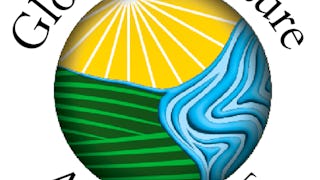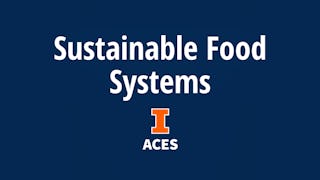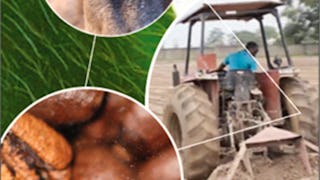In this course you will become familiar with the ideas of the water-energy-food nexus and transdisciplinary thinking.
You will learn to see your community or country as a complex social-ecological system and to describe its water, energy and food metabolism in the form of a pattern, as well as to map the categories of social actors. We will provide you with the tools to measure the nexus elements and to analyze them in a coherent way across scales and dimensions of analysis. In this way, your quantitative analysis will become useful for informed decision-making. You will be able to detect and quantify dependence on non-renewable resources and externalization of environmental problems to other societies and ecosystems (a popular ‘solution’ in the western world). Practical case studies, from both developed and developing countries, will help you evaluate the state-of-play of a given community or country and to evaluate possible solutions. Last but not least, you will learn to see pressing social-ecological issues, such as energy poverty, water scarcity and inequity, from a radically different perspective, and to question everything you’ve been told so far. ACKNOWLEDGEMENT Part of the results and case studies presented have been developed within two projects: MAGIC and PARTICIPIA. However, the course does not reflect the views of the funding institutions or of the project partners as a whole, and the case studies were presented purely with an educational and illustrative purpose.

















